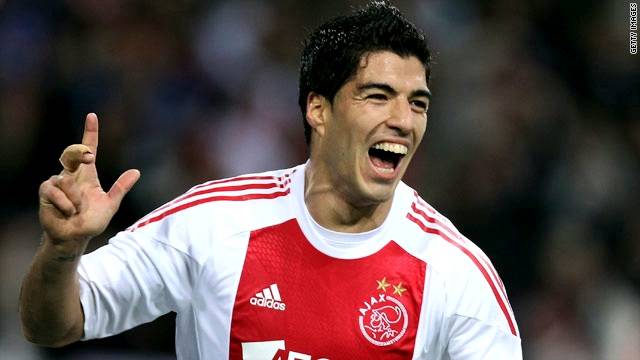Sven Mislintat, the renowned talent scout and football executive, recently orchestrated a transfer deal for Ajax by utilizing the services of a German-based agent's office. What makes this transaction particularly intriguing is the connection between this agent's office and a private company owned by Mislintat himself. This raises questions about potential conflicts of interest, transparency, and the broader implications for the world of football transfers.
Mislintat's reputation in the football world is well-established. He gained prominence during his tenure at Borussia Dortmund, where he played a pivotal role in identifying and recruiting young talents such as Pierre-Emerick Aubameyang and Ousmane Dembélé. His keen eye for spotting emerging stars has made him a sought-after figure in the sport.
Ajax, one of Europe's most storied football clubs, has a history of nurturing and developing young talent. It comes as no surprise that they turned to Mislintat to help bolster their squad with promising players. However, the intrigue lies in the involvement of the German agent's office in this transfer.
Football transfers are often shrouded in secrecy and complex negotiations. Agents play a critical role in facilitating these deals, representing players' interests and helping clubs navigate the intricate web of contracts and regulations. In this case, the agent's office involved has ties to Mislintat's private company, creating a potential conflict of interest.
Conflicts of interest in football transfers are not uncommon, but they are a cause for concern. The primary reason for this concern is that such conflicts can undermine the integrity and transparency of the transfer process. When an agent or intermediary has financial ties to a club executive or owner, it raises questions about whether the player's best interests are genuinely being served.
Transparency is a fundamental principle in the world of football transfers. Fans, clubs, and governing bodies expect deals to be conducted openly and fairly. Any hint of impropriety can tarnish the reputation of those involved and cast doubt on the legitimacy of the transfer itself. Mislintat's association with both the agent's office and his private company is a situation that warrants careful scrutiny.
One potential issue is the possibility of a player being transferred to Ajax not solely based on their footballing merits but also because it serves the financial interests of Mislintat's private company. While it's essential to acknowledge that this is a hypothetical scenario, it underscores the need for transparency and accountability in football transfers.
Governing bodies like FIFA and UEFA have established rules and regulations to address conflicts of interest in football transfers. These rules are designed to ensure that transfers are conducted fairly, without any undue influence or manipulation. However, enforcing these rules can be challenging, as the football transfer market operates on a global scale with various stakeholders involved.
In light of these considerations, it's essential for all parties involved in football transfers, including clubs, agents, and executives like Mislintat, to uphold the highest standards of transparency and ethical conduct. This not only protects the integrity of the sport but also maintains the trust of fans and the broader football community.
In conclusion, Sven Mislintat's involvement in a player transfer for Ajax through an agent's office in Germany, which has ties to his private company, raises valid concerns about conflicts of interest in football transfers. While it's crucial to avoid jumping to conclusions, this situation highlights the need for transparency, accountability, and adherence to established rules and regulations in the football transfer market. Football fans, clubs, and governing bodies must continue to prioritize the integrity of the sport and the fairness of all transactions.




No comments yet
Be the first to share your thoughts!